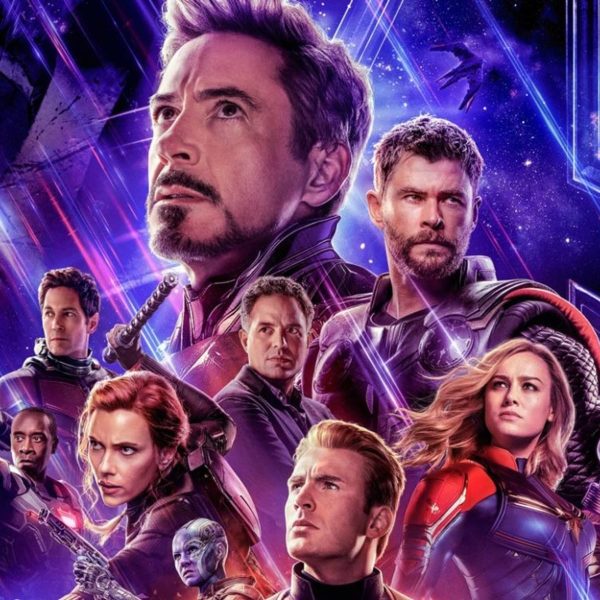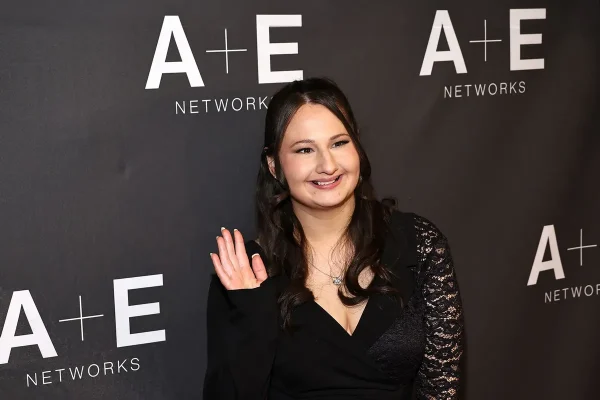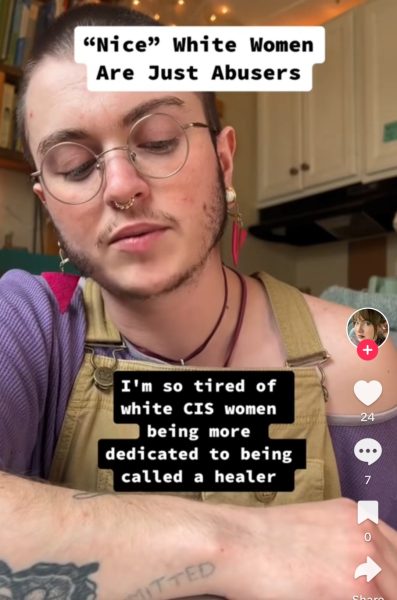A society of sharing is becoming more apparent by the day
Imagine that two friends decide to go out to lunch together.
They stream music together in the car ride to the restaurant, and all of their linked friends can see their music choices on Spotify.
They arrive at the restaurant and snap some pictures, the best ones making it onto VSCO and perhaps Instagram.
One requests payment on the popular money-transferring app Venmo, letting her hundreds of contacts know that she paid for her friend’s meal, indicative from the pizza and heart emojis typed under “payment description” tab.
All the while, both of their locations update by the second, visible to their hundreds of friends on Snapchat’s SnapMap, yet another suggestive, not to mention slightly chilling, gauge of their afternoon.
Soon enough, this outing between two friends transforms into something incredibly perceptible to all of their acquaintances. This simple meal shared between two will forever be documented by the countless digital skeletons standing stagnant in the world’s electronic graveyard.
This simple meal shared between two will forever be documented by the countless digital skeletons standing stagnant in the world’s electronic graveyard.
Welcome to our society of sharing.
Recently, upon heavy insistence from my friends, I downloaded the app Venmo to make transferring money easier. But upon opening the app for the first time, I was shocked to see a social media-esque feed and “posts” from the hundreds in my contacts. The most recent update to my app was a babysitting payment– from a girl I sat next to for a semester of math over four years ago in Tampa.
It stunned me to see something as personal as money and transactions being so carelessly flaunted for all the world to see. This ditzy, fun feed outlining money transfers from mere acquaintances sneered at the hard-wired, extra-secure, password-protected online banking sites of the past.
What was once a private, personal affair of transactions has now been reduced to yet another feed of likes and comments.
I know that we’ve lived in a world of likes, comments, and retweets for more than a decade now, but this addiction to sharing spreads far further than just Facebook, Instagram, Snapchat, and Twitter.
To apply for a job, having a Linkedin account is critical, one that outlines every step of your professional life thus far. To stream your favorite artist’s music on the way to said job, you must create a Spotify or Pandora account, of which the first step is linking your friends and contacts to your account. To buy concert tickets for said artist, ensure your Ticketmaster account is active, perhaps set to public for all the world to see the Hannah Montana concerts you frequented in middle school. If you want to edit pictures from said concert, VSCO is notorious for flawless filters, but be prepared to share them to create a perfect collection of images.
From the professional world to the musical, social, and artistic domains, we share, and we share, and we share.
It’s an unrelenting need to share. We can’t stop linking accounts, friends, and profiles together for all to see. We build up this image of ourselves online, often one that’s misrepresentative of ourselves.
I’d go as far as to say it’s nearly impossible to go about a day without electronic receipts documenting the day’s actions. They might not be immediately apparent, but they’re there. The scariest thing, however, is that they never leave.
It’s an addiction. An epidemic.
Some might hold over a dozen accounts on various apps and websites, each with the same flawless profile picture, all linked together to tie their connections and hold their online presence firmly in place.
These online presences interact with each other, exchanging money, music, pictures, and words. Though they once might have taken place via physical exchange of cash, CDs, photographs, or letters, these online exchanges draw little connections between webs, and soon enough, a widespread network of interaction is created.
This network is always there, and it’s unavoidable. And once it takes off, it’s hard to resist being another element of this worldwide, complex system too.
The most frightening component is that it’s completely inescapable because this network engulfs so many of our daily tasks. I’m prepared to see this network grow, this addiction spread, and this society become more and more apparent. Our incessant need to share is only going to grow, and it’s not going to stop anytime soon.

Nisha Rajakrishna is a senior and entering her last year on staff as an Editor-in-Chief. Nisha loves to travel and experience new cultures, and in her...


























































































